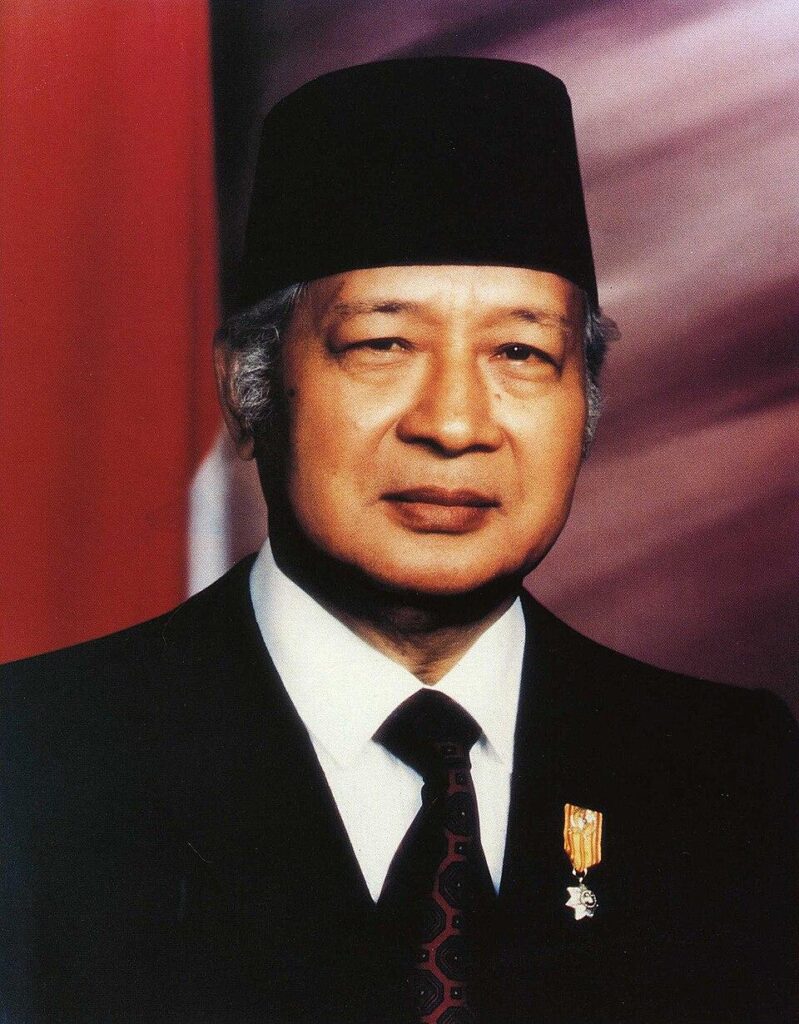In recent weeks, a proposal to designate Indonesia’s former President Suharto as a national hero has ignited a firestorm of controversy both domestically and internationally. The initiative, put forth by a faction within the Indonesian government, has drawn sharp criticism from human rights advocates, historians, and a significant segment of the public who view Suharto’s legacy as marred by widespread human rights abuses and corruption during his nearly 32-year rule. As debates unfold, the proposal has exposed deep divisions within Indonesian society regarding the country’s historical narrative and the figures deserving of veneration. This article delves into the implications of the proposal, the responses it has elicited, and the complexities surrounding Suharto’s contentious legacy in the nation’s ongoing quest for reconciliation and identity.
National Hero Proposal for Suharto Faces Criticism from Activist Groups
The recent proposal to designate Suharto a national hero has ignited fierce opposition from various activist groups who argue that such recognition overlooks his controversial legacy. Critics assert that Suharto’s rule, marked by corruption, human rights abuses, and violence, fundamentally contradicts the values that a national hero should embody. Activists emphasize the need for a candid re-evaluation of Indonesia’s history, insisting that elevating figures like Suharto only serves to legitimize past injustices. The current discourse reflects a broader struggle within Indonesian society about how to reconcile its authoritarian past with democratic aspirations.
In response to the proposal, several organizations have organized protests and social media campaigns to voice their dissent. They highlight key aspects of Suharto’s regime that should not be forgotten, including:
- Mass Killings: Millions of suspected communists and leftist sympathizers were killed following the 1965 coup.
- Corruption: Suharto’s government is often described as one of the most corrupt in Indonesian history, enriched by nepotism and cronyism.
- Suppression of Dissent: Freedom of speech and political dissent were severely restricted under his rule.
This backlash emphasizes a growing demand among the younger generation for accountability and transparency, urging lawmakers to carefully consider the implications of such a designation.
Public Sentiment Divided as Indonesia Reflects on Suharto’s Legacy
The recent proposal to recognize Suharto as a national hero has ignited a fierce debate across Indonesia, casting a spotlight on the complexities of his presidency. Supporters argue that Suharto’s leadership brought economic stability and infrastructural development, highlighting several key achievements during his two-decade rule, including:
- Economic Growth: The implementation of policies that led to significant GDP growth.
- Infrastructure Development: Major projects such as roads and schools that facilitated modernization.
- National Security: Efforts to eliminate separatist movements and maintain national unity.
Conversely, a substantial segment of the population vehemently opposes the idea, citing the authoritarianism and human rights violations that marred Suharto’s tenure. Critics contend that honoring him would undermine Indonesia’s commitment to democracy and social justice, bringing attention to issues such as:
- Human Rights Abuses: Widespread allegations of repression and violence against dissenters.
- Corruption: Accusations of widespread corruption and nepotism within his regime.
- Suppression of Free Speech: Limitations on media and public discourse during his rule.
Recommendations for a Balanced National Narrative in Hero Recognition
In addressing the ongoing debate regarding hero recognition in Indonesia, it is essential to establish a balanced national narrative that encapsulates both dissent and admiration. This approach not only honors individuals for their contributions but also ensures that the complexities of their legacies are acknowledged. To foster this nuanced perspective, stakeholders should consider the following recommendations:
- Diverse Representation: Include voices from various societal sectors, ensuring that the narratives represent different perspectives on national figures.
- Education Initiatives: Implement educational programs that emphasize critical thinking about history, allowing younger generations to engage with multiple viewpoints.
- Transparent Dialogue: Facilitate open discussions that encourage debate and critique, fostering a culture where varying opinions are welcomed and explored.
- Historical Context: Provide comprehensive accounts of historical events to help citizens understand the complexities surrounding a figure’s actions and decisions.
Moreover, the creation of a framework for continuous evaluation and recognition would contribute to a healthier discourse surrounding national heroes. Such a framework could include:
| Criteria | Impacts |
|---|---|
| Historical Contribution | Assessment of tangible impacts on society, economy, and politics. |
| Controversial Legacy | Recognition of actions that sparked both positive and negative consequences. |
| Public Perception | Engagement with community views to gauge current sentiments regarding the individual. |
Implementing these strategies will not only lead to a more inclusive narrative but also enhance the collective understanding of what it means to truly honor national figures, without glossing over the intricacies of their legacies.
Closing Remarks
In conclusion, the proposal to designate Indonesia’s former president Suharto as a national hero has ignited a fierce debate within the country and beyond, illuminating the complexities of Indonesia’s historical narrative. While proponents argue that his leadership helped stabilize the nation during a turbulent period, critics vehemently oppose the move, citing the human rights abuses and corruption that marked his regime. As discussions continue, it remains evident that the legacy of Suharto is far from settled. The backlash reflects a broader struggle within Indonesian society to reconcile its past with present values and aspirations. As the nation grapples with its history, the debate surrounding Suharto serves as a potent reminder of the ongoing journey toward justice and accountability in a diverse and evolving democracy.
